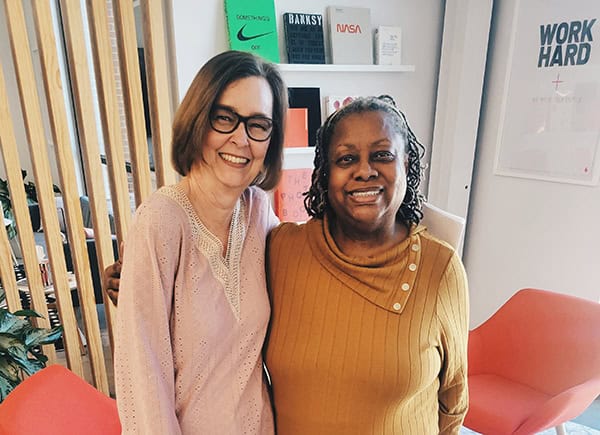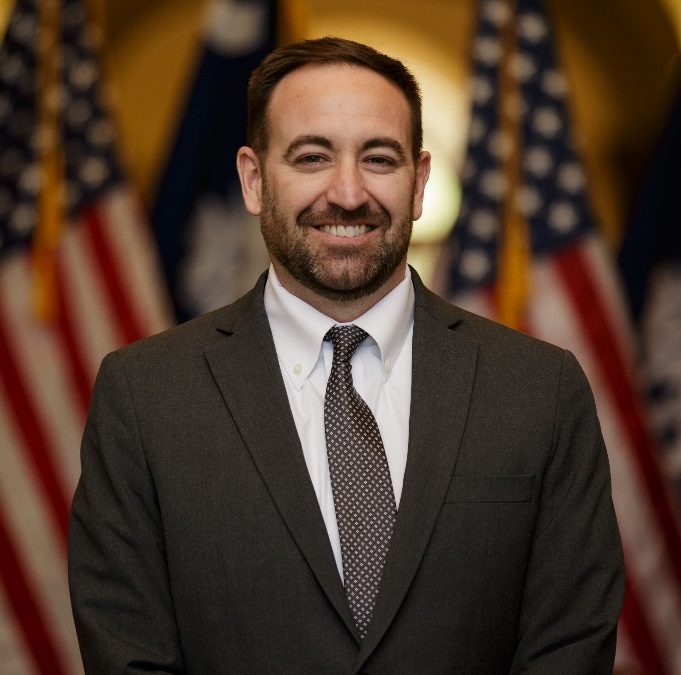
Mike Leach became the State Director for South Carolina Department of Social Services (DSS) just five short months ago, and he’s already creating positive changes for foster families. I had the opportunity to interview Mike on his way to the Upstate for a meeting. It was my first encounter with him, but early in the conversation I learned Mike Leach seems to possess a rare combination of qualities – he is focused and systematic, yet sincere, caring and extremely personable. In my opinion, that’s the perfect combination of traits to tackle the challenging business of promoting the well-being of our state’s most vulnerable individuals.
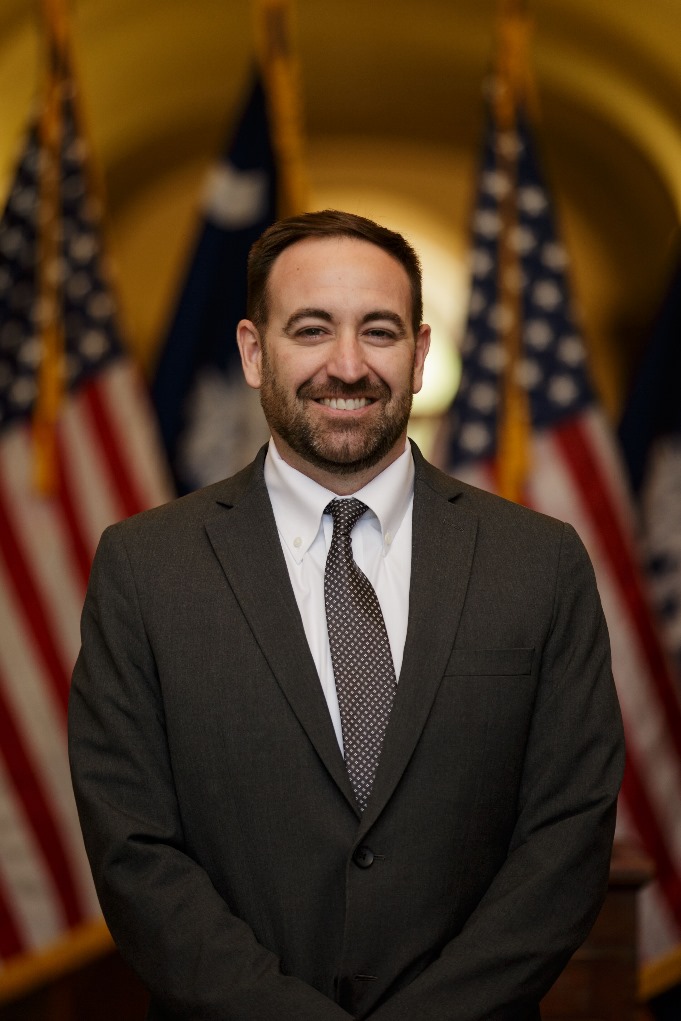
“We want to make sure we are updating policy to look at what makes sense,” Mike explained.
What regulations are currently in place, and is there bureaucracy getting in the way of anything? We have to look at all aspects of it, and make policy and procedural changes accordingly. What do best practices look like? How do we make it better for us, for our staff, all our partners and foster parents?
(Learn more about changes put in place since Mike came on board, including a board payment increase and changes to lead paint requirements for foster home licensing.)
Many positive changes at DSS are happening from the inside out. “A lot of my focus has been on a culture shift within DSS,” Mike said. “Every month, we are challenging staff in different ways, such as recognizing good deeds of others or helping someone else succeed. If we can create this culture internally, then it will spread to the external work we do and external folks we encounter. We want to instill a culture of believing in others, caring for others. We’ve been doing a lot of work toward that end.”
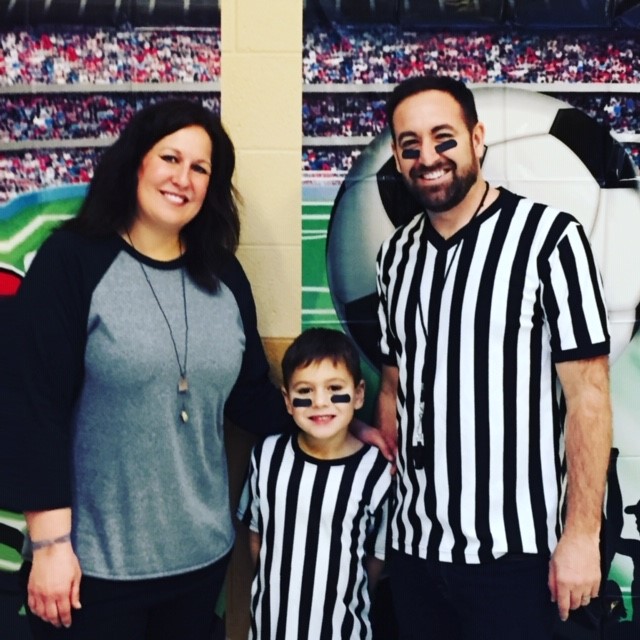
With more than 4,000 employees, SC DSS is a large organization, but they’re working to improve one-on-one interactions by coaching, building each other up, and providing technology and other resources the staff needs to be effective. “Communication is key to helping foster parents understand the value of the role they play and the knowledge they bring concerning the kids in their care,” Mike said. “Everybody plays an important part.”
Mike was raised by his mother, who is Caucasian, and an African-American stepfather, an upbringing that raised his social and cultural consciousness. In addition, his mother dedicated her career to social services. “My mom worked as a child abuse investigator, and she was always fighting for children,” Mike said. “I got a lot of my fight for children and families from that upbringing, and I was raised with an understanding and respect for people from different backgrounds.”
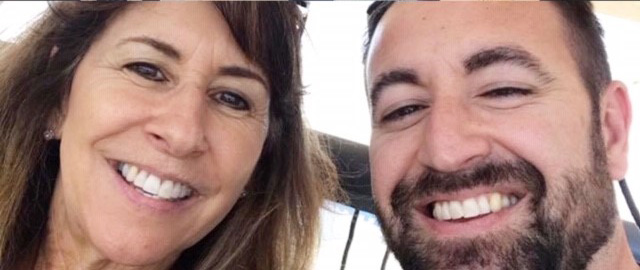
Mike grew up in Nevada, went to school in California, then spent most of his adulthood in Tennessee before moving to Columbia earlier this year with wife Amber and eight-year-old son Aiden. They were involved with Big Brothers/Big Sisters in Tennessee, and are striving to teach their son kindness, empathy for others and service learning.
Mike began his career as a child and family therapist, then he was introduced to child welfare.
I fell in love with trying to improve systems and make things work better and smoother. I have a great appreciation for front-line professionals. I told myself early in my career that I need to help. I need to do more.
Just a few days before I interviewed Mike, his stepfather was in town. During that visit, he informed Mike that his parents fostered when he was very young, too young to remember it. “I was completely shocked to learn they fostered. My stepfather told me that caring for a child in foster care was one of the hardest things he’s ever done.” This insight reinforced Mike’s awareness of the difficulties faced by foster families.
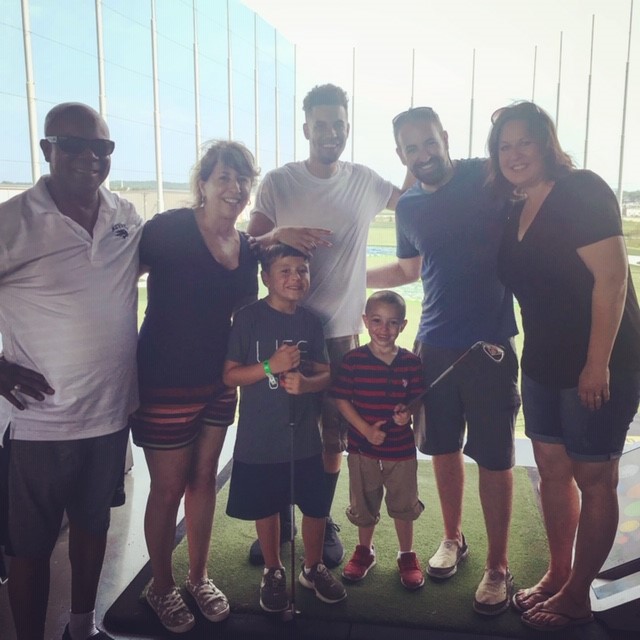
Often new foster parents have an image in their minds about a certain type of child they hope to care for, however Mike wants foster parents to keep an open mind about the variety of kids needing a home. “My focus as we move forward with recruiting efforts is to express the critical need for foster families who can accept sibling sets and teenagers. We know the trauma caused by splitting up families, and we don’t want to separate siblings unless there is a specific safety reason to do so,” he stated.
Mike admitted this is what keeps him up at night: the idea of separating siblings because there aren’t enough foster homes with room to accept sibling sets. Mike emphasized, “The importance of keeping strong sibling bonds is critical. The separation of siblings has the potential to cause even more trauma.” More licensed homes means DSS would have options about the best location to place kids, and the best chance of keeping siblings together.
Many families are reluctant to accept teens into their homes. “But the joys of seeing small successes with teens is amazing,” Mike said. “Watching them learn to play a new game, learn to cook spaghetti or pump gas. Teaching these kids new and important life skills is the best thing in the world.”
Mike recognizes the delicate balance that must be struck between having the best interest and safety of the child in mind, while helping families heal as they work toward reunification, giving families every opportunity to reunite. “We can’t lose sight of that philosophy,” he said.
The best advice I received during foster care training was to keep my focus on the child, and not get distracted by frustrations with the system. Mike agrees that we can’t let the system drive us crazy. “New foster parents need to know that good will come with the bad. You may question why you’re doing it,” he admitted. “I’m trying to make the system better for kids and for everyone; even with barriers, limited funds and bureaucracy, I just need to keep going. We need foster families to keep going. Our children and youth need love, teaching and support.“

